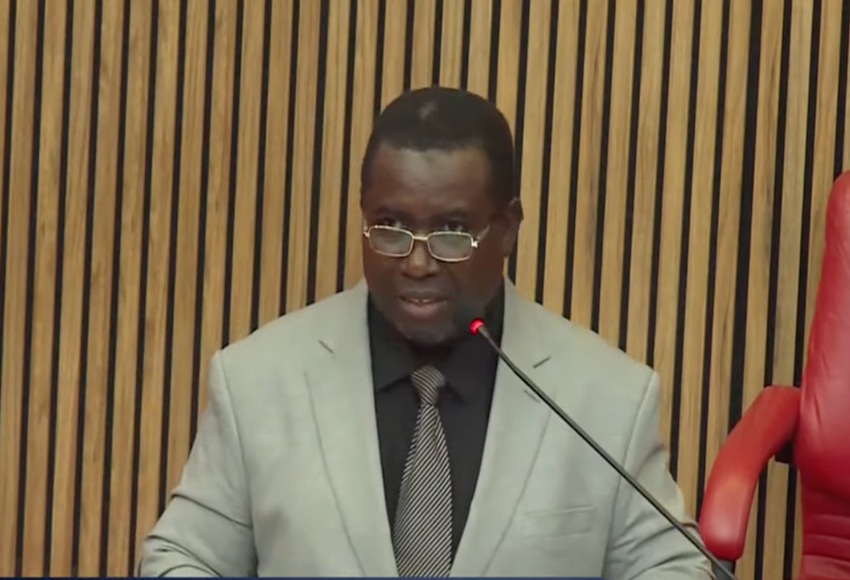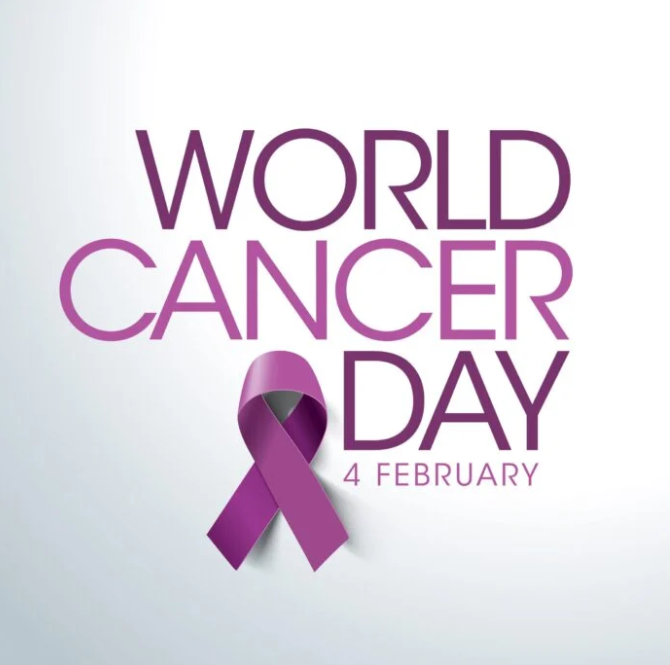The Federal Ministry of Health and Social Welfare, through the National Health Insurance Authority, has disbursed N63bn under the Basic Health Care Provision Fund since the programme began in 2019.
This was disclosed during a presentation by a representative of the Director General of NHIA, Dr Kelechi Ohiri at a media engagement in Abuja on Wednesday.
According to the NHIA, all 36 states, including the Federal Capital Territory, Abuja, have established State Social Insurance Agencies.
The agency noted that 8,200 facilities across the country now receive direct disbursements, with approximately 160,000 citizens benefiting from BHCPF. The utilization rate stands at 15 per cent nationwide.
“So far, we have disbursed N63bn since inception which is 2019. Also, 8200 facilities have benefited from direct disbursement versus 7800 when we started. Also, 160 000 citizens have access to benefit from BHCPF,” he stated.
“All 36 states (plus FCT) have established state Social Insurance Agencies,” he added.
The NHIA also stated that it had developed a financial reporting framework to guide BHCPF’s financial operations.
The Basic Health Care Provision Fund is a component of Nigeria’s National Health Act, designed to ensure that every Nigerian has access to basic healthcare services, particularly the poor and vulnerable populations.
The fund is sourced primarily from the federal government’s consolidated revenue and donor contributions. It aims to strengthen the health system, improve healthcare delivery, and increase access to essential health services
The fund operates through several gateways: the NHIA administers a health insurance scheme aimed at providing financial risk protection by covering the cost of basic healthcare services for beneficiaries; the National Primary Health Care Development Agency manages the distribution of funds to Primary Health Care centres to enhance infrastructure, equipment, and human resources.
The National Emergency Medical Treatment Committee is another gateway, providing immediate care and treatment for medical emergencies, ensuring that emergency health services are available and accessible to all Nigerians.
Additionally, the Nigeria Centre for Disease Control is involved in strengthening the country’s capacity to prevent, detect, and respond to public health emergencies and diseases.
Speaking at the event, National Coordinator of the Sector-Wide Approach, Dr Muntaqa Umar-Sadiq, an initiative unveiled by the federal and state governments to accelerate the country’s health sector—highlighted the inadequacy and inequitable financing of Nigeria’s health sector.
“Currently, only 3 per cent of Nigeria’s Gross Domestic Product is allocated to healthcare, with just 40-69 per cent of the federal budget for health being utilised effectively” he said
He added that SWAp aims to increase transparency and efficiency in the allocation and utilisation of funds.
Umar-Sadiq also criticised the quality of health data in the country, stating, “The reliability and use of health data in Nigeria have been severely compromised, with reports showing discrepancies such as a 159.7 per cent DPT3 immunisation rate reported by Nigeria versus 55 per cent from a World Health Organisation survey.”
However, he, noted that “By 2027, through a better-coordinated health sector which harnesses the frontline efforts of our local governments, the governance and execution strengths of our states, and the policy stewardship of the Federal Ministry of Health and Social Welfare, Nigeria hopes to create a unified, transparent, and accountable health care sector that operates as a coordinated unit across all levels, alongside our development partners.
Advertisement






